
Cultivate a Growth Mindset

As we raise children, we often teach them that grit, perseverance, and resilience lead to mastery and cultivate success.
They do cultivate. But what are we teaching them about their intelligence and capacity to learn?
When children believe that they have been born with predetermined skills and abilities or with a fixed intelligence that they cannot change,
they are more likely to avoid challenging subjects and create artificial limits on themselves that will impact them into adulthood.
In her book Mindset: The New Psychology of Success psychologist & researcher Dr. Carol S. Dweck suggested two general mindsets: fixed and growth.
Someone with a fixed mindset believes that character, intelligence, and creative ability are unmoving givens that can’t be changed in any meaningful way. Looking perfect and avoiding failure at all costs becomes a way of maintaining that inner sense of competence. When challenged or frustrated by a task, you may hear people say things like, “I’m so stupid because I don’t know how,” or “I’m lousy at this, and I can’t get any better.” They don’t know how to do something and don’t want to make an effort because they believe they should only do what they already know how to do or what feels easy.
This risk-averse mindset can lead to an unwillingness to push yourself to do challenging things.
By contrast, Dweck suggests that a person with a growth mindset thrives on challenge, seeing it as a launchpad for growth and for extending existing abilities instead of evidence of unintelligence. With a growth mindset, you focus on continuous improvement and self-awareness through ongoing feedback. You recognize that you can improve through your specific efforts and deliberate practice. You can see yourself changing and growing through application and experience. Having a growth mindset means that for you, challenges are an opportunity for growth. You understand that your brain can learn new, complex tasks (at any age) and develop with training and effort. You may start thinking things like, “I can do hard things,” “It’s ok to make a mistake; that’s how I learn,” “With practice, I can and will get better.”
“In a growth mindset, challenges are exciting rather than threatening. So rather than thinking, oh, I’m going to reveal my weaknesses, you say, wow, here’s a chance to grow.” – Carol S. Dweck
So why is it vital to know about and develop a growth mindset?
The truth is that having a growth mindset and doing the hard things will absolutely help you accomplish more than you could even imagine. However, if you were born and raised in the 20th century, you were most likely not raised with a growth mindset. Before 2006, when Dweck’s Mindset book was published, children were more likely to be raised to believe that talent, intelligence, and ability are given at birth and governed by genetics. There are probably several skills and abilities that many may have given up on developing or not focused their efforts on because they believe that they lack the capacity to do them well. When they allow their default programming and conditioning to dictate how much effort is put into learning new skills without challenging norms, they will be subconsciously holding themselves back and miss out on exploring the outer limits of their talents.
I know that for me, there have been many times in my life that I just decided, “I am not good at that,” and just avoided the challenge. I, like many others of my generation, grew up having a fixed mindset. For example, I was convinced that I was no good at math. As a result, I did not like it and made little effort because it seemed too hard.
My fear and loathing of all things math-related meant that I did not get my bachelor’s degree in psychology or business, subjects I really liked, because both had an advanced math requirement, and I was certain I wouldn’t be able to do it.
The ironic thing, however, is that ultimately,
I had no choice but to overcome my conviction that I was lousy at math if I wanted to pursue any degree in psychology.
I was required to take a statistics class at the undergraduate level to get into a program
and then a graduate-level research and statistics course.
What I learned by completing both courses with an “A” was that by being willing to ask a million questions
and putting maximum effort into understanding what seemed challenging,
I could do things I had previously believed were not possible for me.
At the time, I did not know that I was applying the principles of having a growth mindset.
If you have a fixed mindset, here are five habits to help you cultivate a growth mindset.
For the next 90 days, focus intentionally on integrating them into your daily life;
being intentional means writing them down, thinking about them, and asking yourself, honestly, if you are using them.
- Be Curious and creative. Challenge yourself to learn something new every day and go beyond your comfort zone. You will discover new strategies to implement that will help you achieve goals you previously thought were impossible or too difficult. Keep tweaking them for effectiveness.
- Be Committed to the growth, goals, & promises you make to yourself. If you want to see progress, it is essential to toss out the excuses and stay the course. Decide what you are going to do and that there is no room for excuses. Commit to your decision and then do what you have committed to for the time you have committed to doing it. Hold yourself accountable for your commitments.
- Be Consistent with your efforts. Consistency is the key to developing new habits and learning new things. It is also usually one of our biggest hurdles and where good intentions fall apart. Be focused with your efforts. Decide what, when, and how you will channel
- Be Courageous in the face of challenges. Setbacks and challenges are learning opportunities. They are your most significant opportunity for growth. Embrace them. Seek solutions and make adjustments. No matter how exhaustive your plan or fine-tuned the details, obstacles will surface unexpectedly and, unless you have a crystal ball, you won’t always be able to predict exactly what obstacles will occur. So, don’t waste energy on that. Instead, face obstacles when they show up with the lens of curiosity and be focused on solutions. Be agile in both your mindset and approach.
- Embrace Constructive feedback & leverage it for growth & expansion. Sometimes your best prospects for personal and professional development come from utilizing corrective feedback to grow. Ask mentors and supervisors for specific feedback to give you clarity on the skills needed to move forward and the blind spots, obstacles, and pitfalls you may not be able to see by yourself.
By deliberately and intentionally focusing on these five habits daily,
your life and work will shift positively in ways you can’t imagine.
You will have more confidence because confidence is built through working on your skills
and seeing growth and improvement over time.
Making an effort is the only way forward, so be willing to do the work. Each new day is an opportunity to try again, so try again.
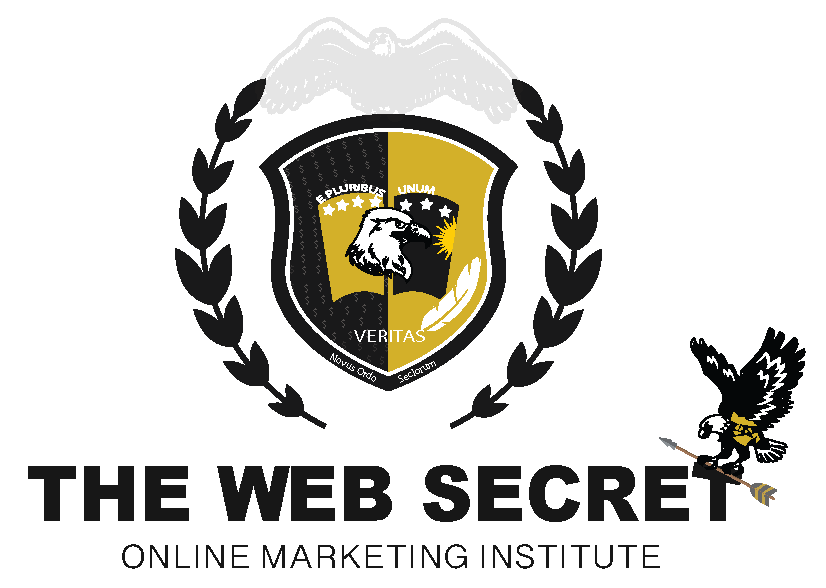
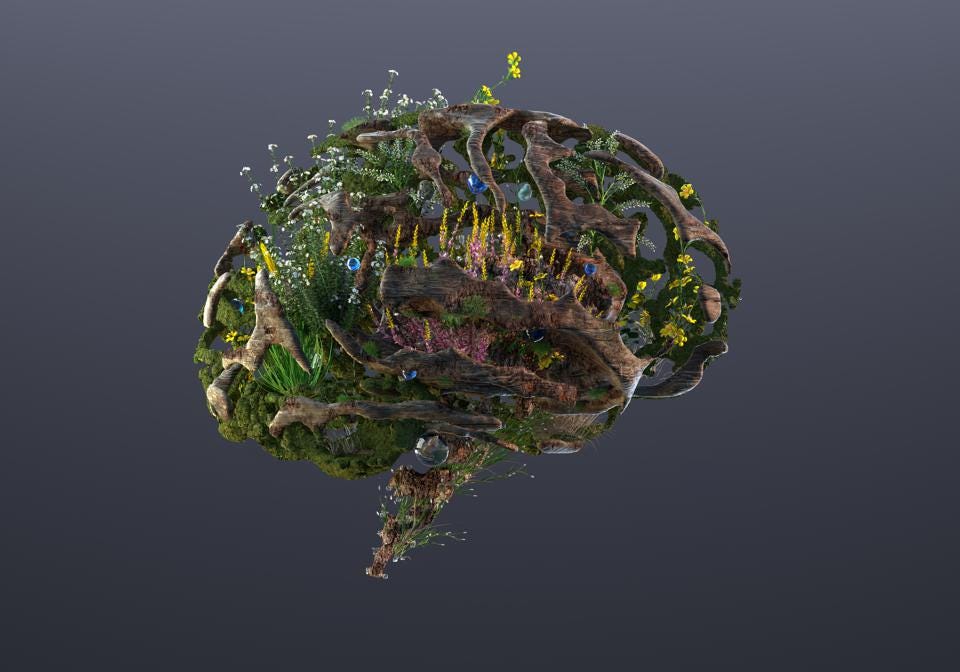
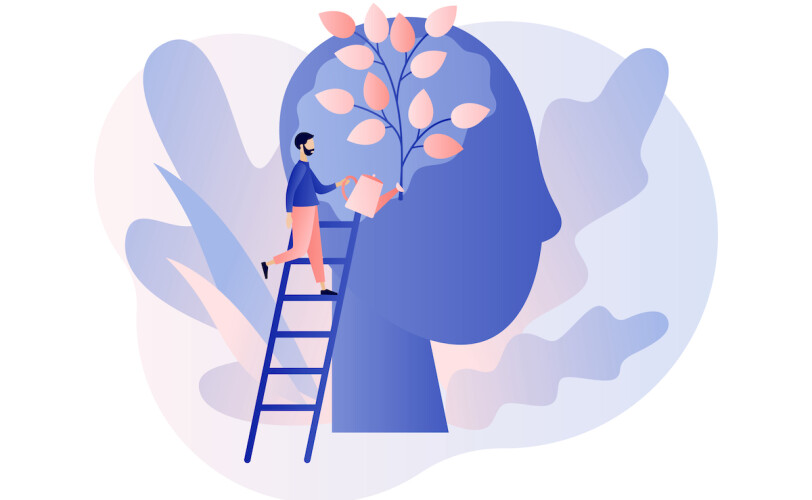
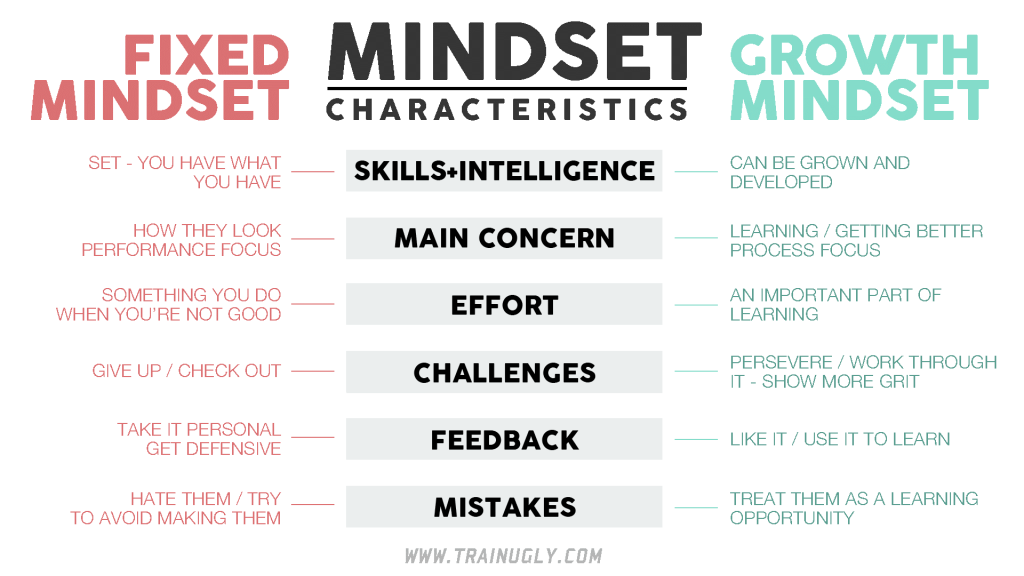
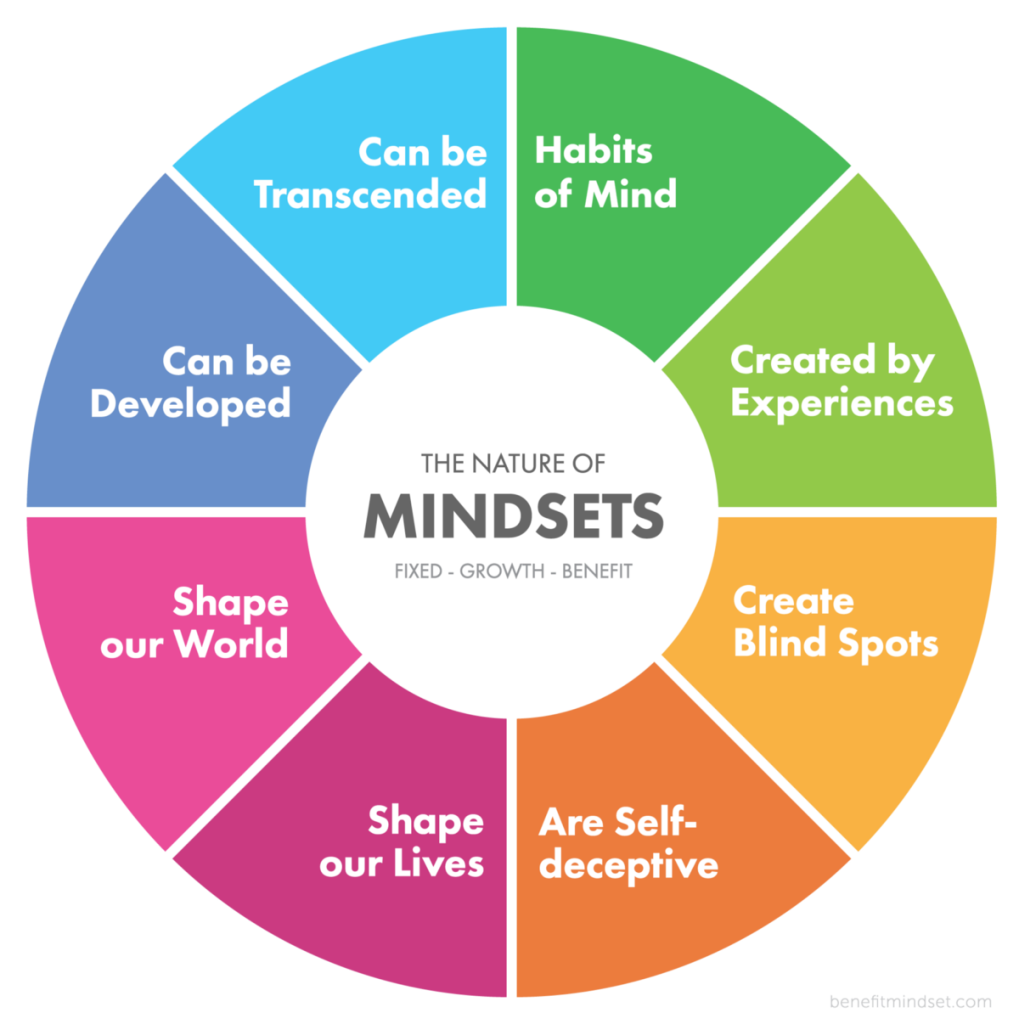

[…] we don’t expect. Whether your problems stem from work, personal or emotional matters, a simple mindset shift can change how you go about them. That’s the art of problem solving, and with the help of a […]